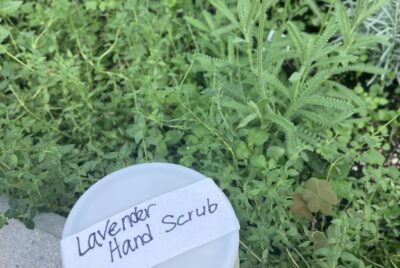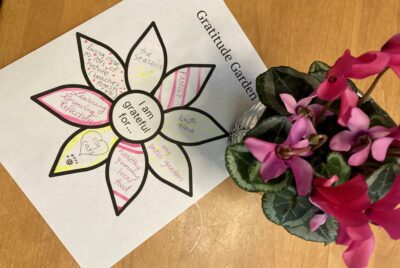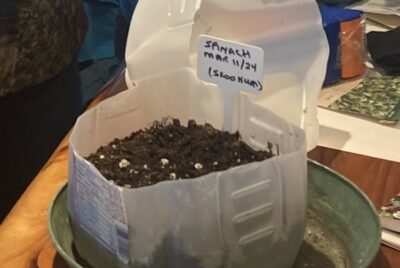RESEARCH
Promoting Effect of Horticultural Therapy on College Students’ Positive Psychological Quality
Summary
This study in China looked at whether horticultural therapy (HT), which involves working with plants, could improve the positive mental well-being of college students. The researchers wanted to see if being involved in gardening and plant-related activities could help students’ mental health. To do this, they took 176 college students and randomly divided them into two groups: one group that received horticultural therapy (the experimental group, with 88 students) and another group that did not (the control group, also with 88 students). Before starting, they checked that the mental well-being of both groups was similar.
The experimental group participated in nine HT sessions over 9 weeks. These sessions involved various activities like team building with flowers, learning about color and expressing emotions through painting, planting seeds (cucumber and pepper), creating “stacked paintings” with fruits and vegetables, making miniature landscapes with moss and small figures, and creating pressed flower crafts like keychains. Each session lasted about 2.5 hours and included warm-up activities, the gardening task, and a time for sharing feelings. The control group did not participate in any such activities during this time. The researchers used questionnaires to measure the students’ positive psychological qualities before and after the 9-week intervention.







